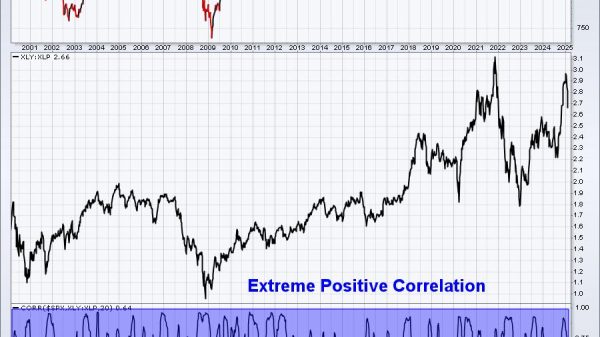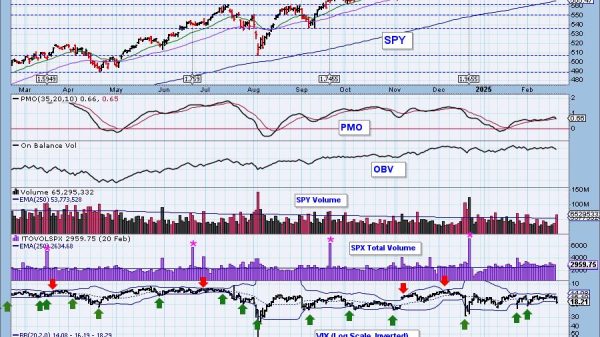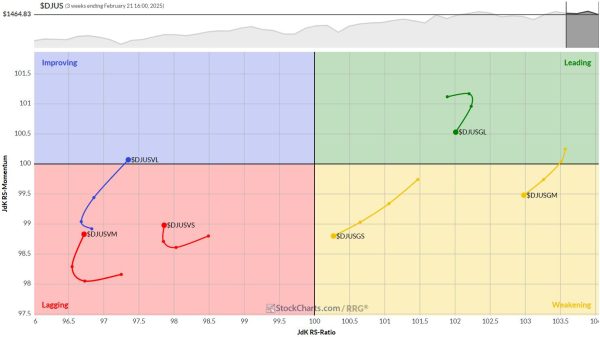CHICAGO — A study of frozen blood samples has turned up a trove of proteins that may predict several forms of dementia more than 10 years before the disease is diagnosed, researchers from the United Kingdom (UK) and China reported on Monday.
The study, published in the journal Nature Aging, is part of ongoing research from multiple teams to identify patients at risk for dementia using a simple blood test, an advance many scientists believe will accelerate the development of new treatments.
Currently, brain scans can detect abnormal levels of a protein called beta amyloid many years before Alzheimer’s dementia develops, but the tests are costly and often not covered by insurance.
“Based on this study, it does seem likely that blood tests will be developed that can predict risk for developing dementia over the next 10 years, although individuals at higher risk often have difficulty knowing how to respond,” said Dr. Suzanne Schindler, an Alzheimer’s researcher at Washington University in St. Louis, who was not involved in the research.
Study author Jian-Feng Feng of Fudan University in Shanghai said such tests are critical in aging populations such as China’s, and noted that he is in talks for potential commercial development of a blood test based on their research
In the study, researchers at the University of Warwick and Fudan University studied 52,645 blood samples from the UK’s Biobank research repository, collected between 2006 and 2010 from people who had no signs of dementia at the time.
Of these, 1,417 people eventually developed Alzheimer’s disease, vascular dementia or dementia from any cause. The researchers studied protein signatures common in these individuals and turned up 1,463 proteins associated with dementia and ranked these according to how likely they were to predict dementia.
They found that people whose blood carried higher levels of the proteins GFAP, NEFL, GDF15 and LTBP2 were consistently more likely to have developed Alzheimer’s disease, vascular dementia or dementia from any cause. People with elevated levels of GFAP were 2.32 times more likely to develop dementia, confirming findings from smaller studies that had pointed to the contribution of this protein.
The authors noted that their research has not been independently validated.
One protein that performed well in predicting dementia, neurofilament light, is already used in the clinic for diagnosing and monitoring some conditions such as multiple sclerosis, Ms. Schindler said in an email.
“This study did not include clinically available blood tests for Alzheimer disease, which likely would even better predict development of dementia due to Alzheimer’s disease,” she said.
Such tests are already being used in identifying candidates for clinical trials testing treatments in patients with early-stage or even presymptomatic disease, such as Eisai and Biogen’s Leqembi. The drug recently won regulatory approval in the United States, Japan and China. — Reuters






















